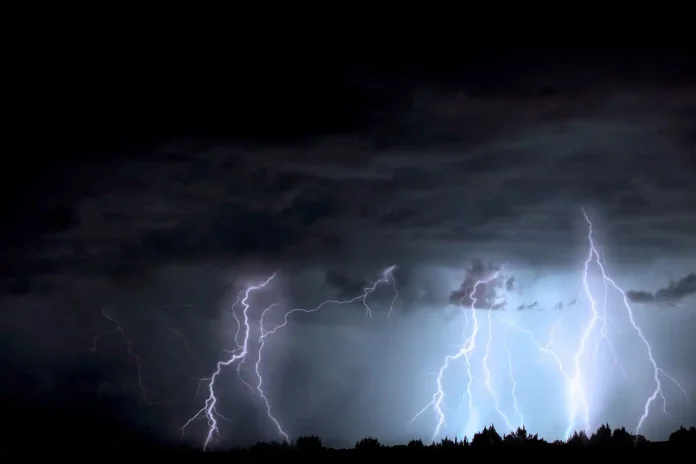Too much hot weather? Waiting for the monsoon? But monsoons cause humid weather, though they also bring many smiles to people who are tired of hot weather and only want relief from it. Furthermore, monsoons are also an awe-inspiring natural phenomenon that dramatically impacts life across the globe. This dramatic and essential climatic phenomenon brings much-needed rain, revitalizes landscapes, and supports agriculture. But when does monsoon season start and why it’s important? Therefore, in today’s blog, you’ll thoroughly understand the monsoon season.
How do Monsoons Occur?
Temperature and pressure variations between the sea and the land cause monsoons. The land warms up more quickly in the summer than the ocean does. This raises the air above the ground, resulting in a region of low pressure. On the other hand, the ocean maintains a high-pressure area by being comparatively chilly.
Wet air from the water moves in the direction of the land due to this pressure differential. When humid air moves inland, it rises and cools, causing condensation and cloud formation. This process brings in a lot of rain, which signals the start of the monsoon season. Monsoon duration and severity might vary depending on local climate and geographical elements.
Now that you have a deeper understanding of how the monsoon occurs, let’s find out when the monsoon season starts.
When Does Monsoon Season Start?
The start of the monsoon season varies depending on the location; in Southeast Asia and the Indian subcontinent, it usually begins in early June. This season brings with it colder temperatures, a substantial change in weather patterns, and the introduction of heavy rains. Since it directly affects agriculture, water supplies, and daily living in these areas, the monsoon’s timing is crucial.
It feels good to get rid of the summer heat and embrace the cool monsoon rains. But because the monsoon depends on so many different meteorological conditions, it can be difficult to determine when exactly it will begin. In many countries, however, the countdown to the arrival of the first monsoon rains is a joyous occasion, accompanied by festivals and customs.
How Long Does Monsoon Stay?
The monsoon season lasts for around four months, however it might last longer. For instance, the monsoon season in India lasts from June to September. Rainfall during this time of year can range in intensity from gentle drizzles to heavy downpours.
The amount of water available for agriculture and other uses is determined by the duration of the monsoon season, which makes it extremely important. Prolonged or delayed monsoons can cause droughts or floods, affecting food security and livelihoods.
Related! 7 Safety Hacks for Heat Wave Protection
The Importance of Monsoon
Monsoons are essential to the survival of many parts of the earth. Their arrival affects everything from the food we eat to the health of entire ecosystems. Here’s why monsoons are so important:
- Agriculture and Food Security:
Monsoon rains are essential for the growth of staple crops like rice, wheat, and maize. They also replenish reservoirs and groundwater, guaranteeing a steady supply of water for drinking and irrigation throughout the year, and preventing food shortages. - Ecosystems and Biodiversity:
Monsoon rains are the lifeblood of various ecosystems, from wetlands and forests to deserts. These habitats provide shelter and resources for a vast array of plant and animal species, many of which depend on predictable rainfall patterns for reproduction and survival. - Economic Engine:
The monsoon season fuels economic activity in several ways. It supports agriculture, a major source of income for millions in rural areas. It also provides water for industries like fishing and generates hydroelectric power.
Conclusion
Monsoons are a magnificent gift of nature, bringing life-sustaining rains and influencing various aspects of our lives. Sometimes, it can also be a curse in disguise. Therefore, before the monsoon season begins, the government and administration need to implement safety precautions to prevent it from becoming a disaster. Stay tuned for more insightful blogs!



